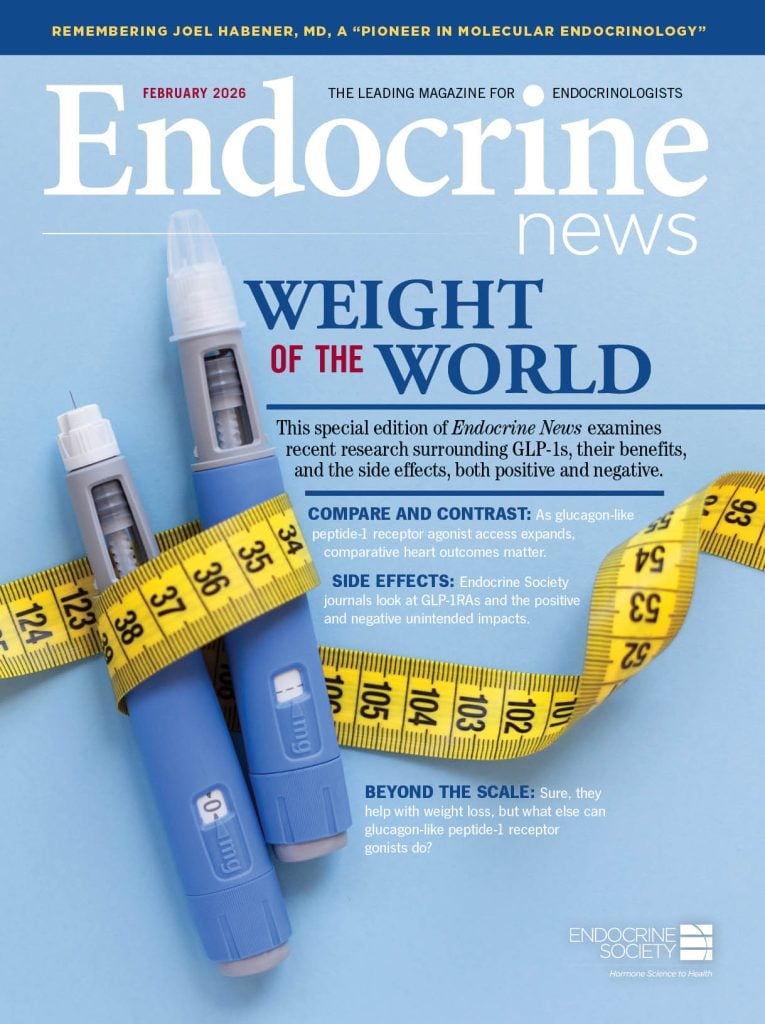Miracle Drugs or Too Good to Be True?
Obviously, from that headline I’m referring to GLP-1s and their many similar glucagon-like peptide-1 receptor agonist cohorts that have become a medical, healthcare, and even cultural zeitgeist over the course of the last couple of years. In fact, I bet every single person reading these words can sing the Ozempic jingle right now! This month’s...


 As the use of glucagon-like peptide-1 receptor agonists (GLP-1RAs) expands, so too does our knowledge of just what all these medications can do. GLP-1RAs have now been shown to reduce consumption of alcohol and drugs, even treating addictions to gambling and sex, but these medications can also potentially lead to rare but fatal complications of...
As the use of glucagon-like peptide-1 receptor agonists (GLP-1RAs) expands, so too does our knowledge of just what all these medications can do. GLP-1RAs have now been shown to reduce consumption of alcohol and drugs, even treating addictions to gambling and sex, but these medications can also potentially lead to rare but fatal complications of... As an endocrine scientist and long-time Society member, I’m proud of the many programs our organization offers to both our basic and clinical researchers. The Endocrine Society, of course, represents professionals across the full range of our field, from bench to bedside. But I want to take this opportunity to highlight some of the work...
As an endocrine scientist and long-time Society member, I’m proud of the many programs our organization offers to both our basic and clinical researchers. The Endocrine Society, of course, represents professionals across the full range of our field, from bench to bedside. But I want to take this opportunity to highlight some of the work...